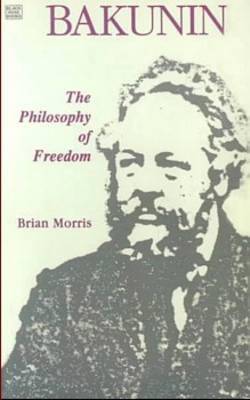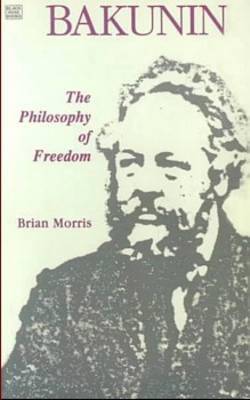
- Afhalen na 1 uur in een winkel met voorraad
- Gratis thuislevering in België vanaf € 30
- Ruim aanbod met 7 miljoen producten
- Afhalen na 1 uur in een winkel met voorraad
- Gratis thuislevering in België vanaf € 30
- Ruim aanbod met 7 miljoen producten
Zoeken
Omschrijving
The life and thought of Bakunin has contemporary relevance, particularly for his definitions of freedom. This book confirms Bakunin as an important and influential political theorist whose anarchism was dominated by a desire to achieve a unity of theory and practice. He was not a conventional intellectual; if anything, he was anti-intellectual and so never produced a systematic corpus of his ideas in the manner of Marx or Herbert Spencer. But his philosophy is by no means incoherent, and he fully deserves to be recognized as an important and influential political theorist. His anarchism was dominated by a desire to achieve a unity of theory and practice, of fact and value, of thought and action, within the reality of a given historical social order. He opposed all the dualism which Western culture had bequeathed from mechanistic philosophy and bourgeois political theory particularly the opposition between individual and society, philosophy and empirical knowledge, nature and humans.
Specificaties
Betrokkenen
- Auteur(s):
- Uitgeverij:
Inhoud
- Aantal bladzijden:
- 172
- Taal:
- Engels
Eigenschappen
- Productcode (EAN):
- 9781895431667
- Verschijningsdatum:
- 14/05/1993
- Uitvoering:
- Paperback
- Formaat:
- Trade paperback (VS)
- Afmetingen:
- 140 mm x 216 mm
- Gewicht:
- 222 g

Alleen bij Standaard Boekhandel
+ 71 punten op je klantenkaart van Standaard Boekhandel
Beoordelingen
We publiceren alleen reviews die voldoen aan de voorwaarden voor reviews. Bekijk onze voorwaarden voor reviews.








